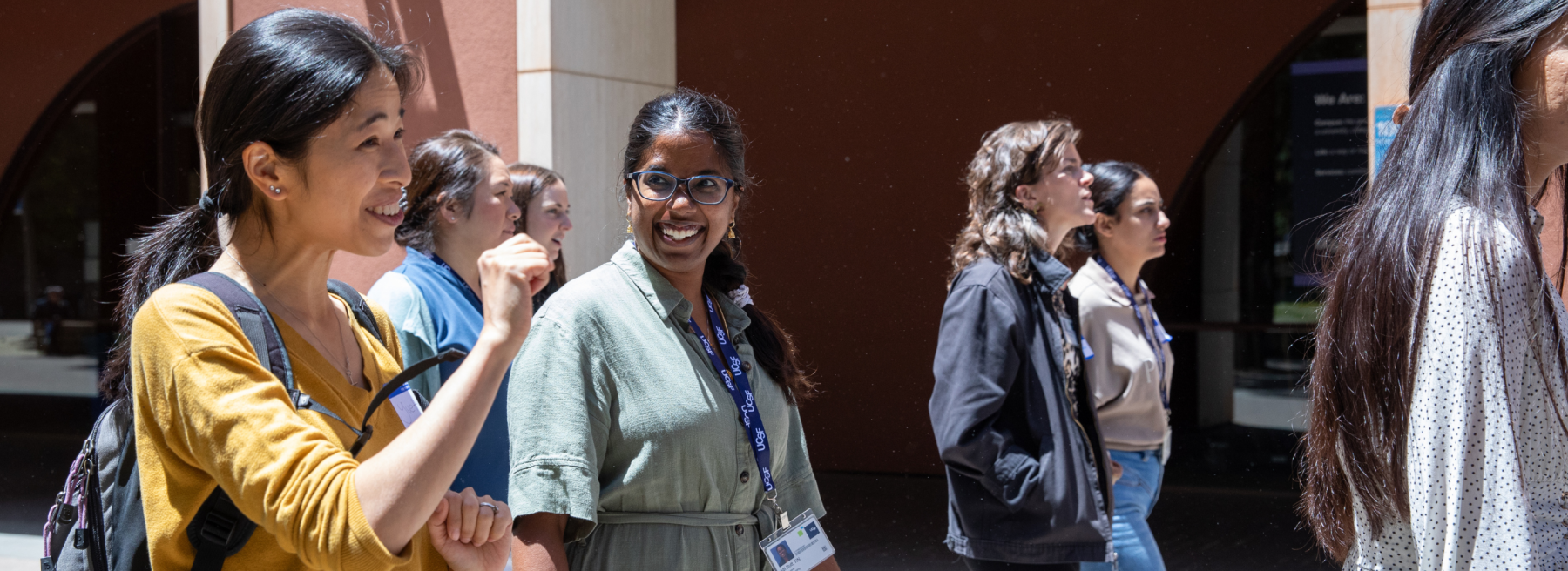Finances
Before UCSF will grant you the F-1 Certificate of Eligibility (“I-20”) needed to apply for a student visa to enter the United States, you must prove that you will have sufficient funding (money) to meet all your expenses while studying in the USA. You must explain the source(s) of your funds and guarantee that you will receive them while at the University. Unless you are able to provide written evidence demonstrating you have adequate financial resources for the entire time needed to complete your degree program, UCSF will not issue an “I-20” certificate.
If your country's government limits the amount of money that may be sent to its students in the United States, you should make sure that sufficient additional funds will be available.
When you leave your country, you must have enough money to pay for the following: (1) traveling expenses to the University, (2) pay fees for the entire term, (3) meet living expenses until more money reaches you, and (4) pay the return fare to your home.
If your country's government requires verification of enrollment before money can be forwarded to you, you may request that verification from the campus International Students and Scholars Office after you have completed registration at the University.
Some international students arrive at the University unaware of the amount of money they will need. Students often assume, incorrectly, that additional financial assistance or part-time employment will be available. Each year, many students find themselves in serious financial difficulties because they did not arrange for adequate support. Before making firm plans to come to the United States to study, you should read the following sections carefully.
Financial Assistance
Most international students find it difficult to obtain financial assistance in the United States, particularly if no aid has been offered by an academic department or by a scholarship organization while you are still in your own country.
Grants, Scholarships, and Fellowships
The University awards a very limited number of grants, loans, or scholarships to international students.
Teaching and Research Assistantships
If you are a graduate student with a record of outstanding academic achievement, you may be appointed as a teaching or research assistant in the department in which you plan to study. These opportunities are limited and usually are available only to students who have been enrolled a year or more at the University. Students on F-1 and J-1 visas are eligible for teaching or research assistantships.
Educational and Living Expenses
In order to be approved to study at UCSF, you will need to provide evidence of your ability to pay the cost of education plus living expenses for the duration of your program, or that you have a sponsor (who will guarantee support throughout your studies). For MS students, the typical program duration is two years, and for doctoral (PhD) students, the typical duration is four years.
Tuition, fees and additional costs, such as estimated supplies and commute costs, are listed by program on the School of Nursing chart of the UCSF Student Financial Services website.
Additional Notes
Prospective students should recognize that the figures above will fluctuate. The figures represent a very minimal standard of living in a large and expensive US metropolitan area, such as the San Francisco Bay Area. They assume the student is not supporting a spouse and/or family, is well-supplied with clothing and personal belongings, and uses public transportation. When renting a house or apartment, it is a common practice among landlords to require payment of first and last month's rent plus a security deposit before occupancy begins.
Employment
Employment opportunities (either on- or off-campus) are very limited, except as a teaching or research assistant. Unless you have received a definite offer for such an assistantship before your arrival, you should not plan to earn any part of your expenses while attending the University. Students who hope to obtain employment or financial assistance after enrolling at the University may be unable to complete their studies. Immigration restrictions make summer and part-time off-campus work extremely difficult to secure. Students on F-1 visas are not eligible to apply for off-campus employment during their first nine months in the United States.
Other UCSF Resources
- The UCSF Financial Aid Office website has additional information, as does the student budget page.
- The official Tuition/Fee information is found on the registrar's website (fee information is subject to change without notice).
- All international students should be in frequent and regular contact with the International Students and Scholars Office (ISSO), including prior to initial enrollment at UCSF.
- The School of Nursing Information for Prospective International Students webpage
U.S. Government Resources
Revision Date: July 2016

